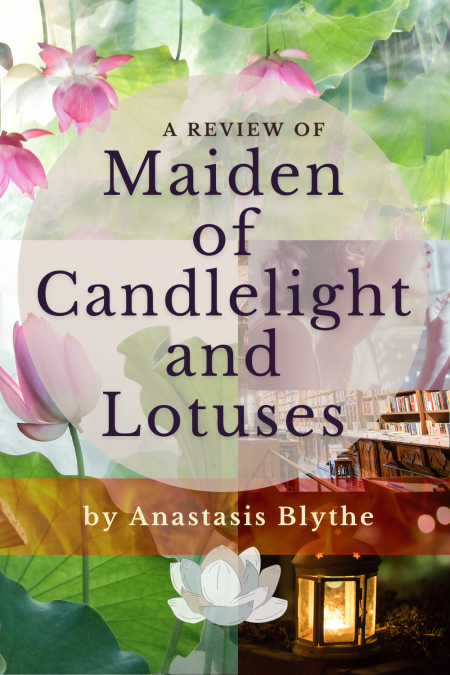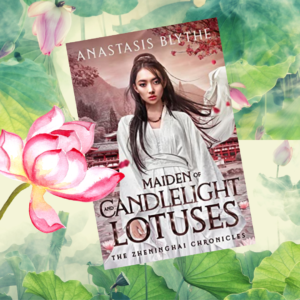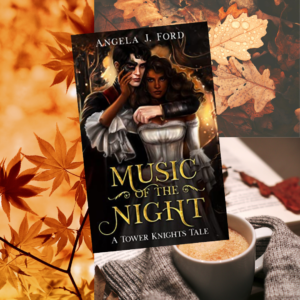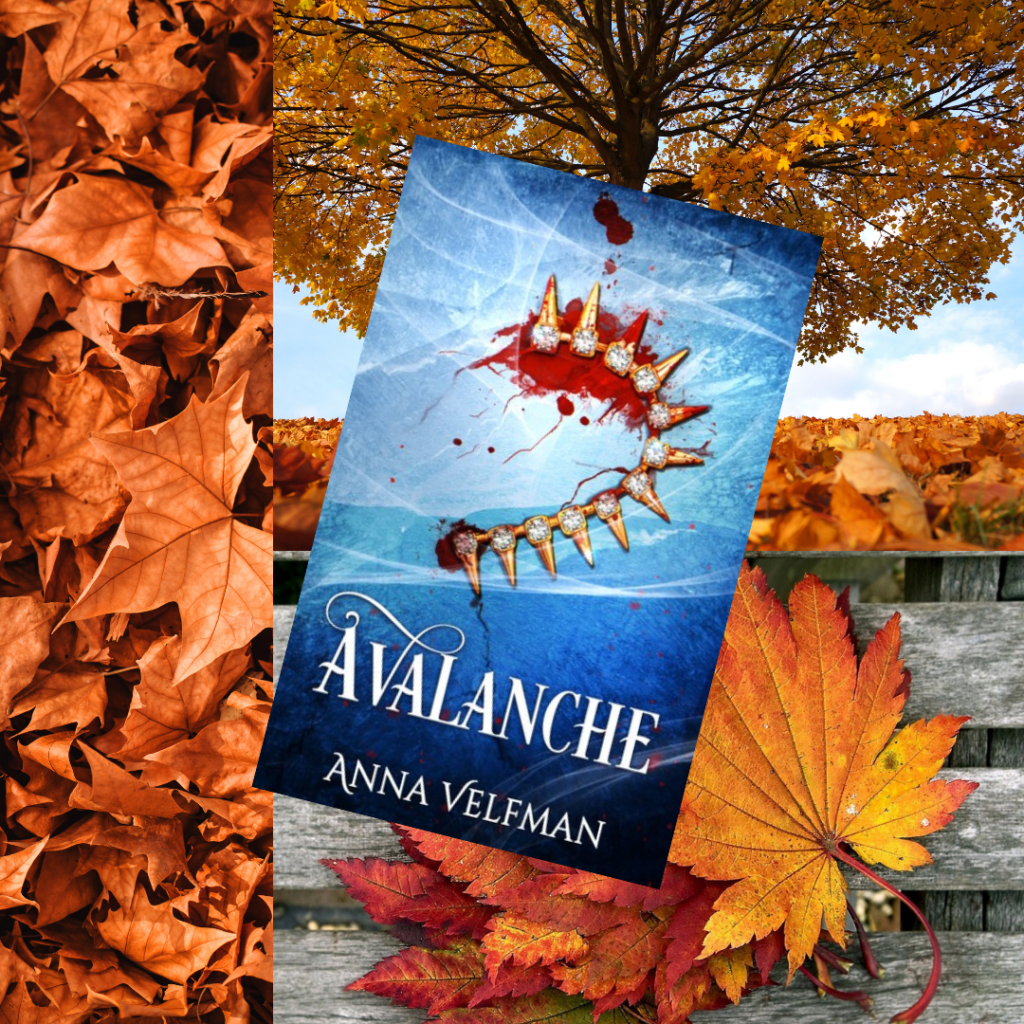Happy Lunar New Year! If you’re searching for a book with sweet romance, fairytale-style elements/curses or just love a good arranged marriage trope, read my (short!) Six Crimson Cranes review below.
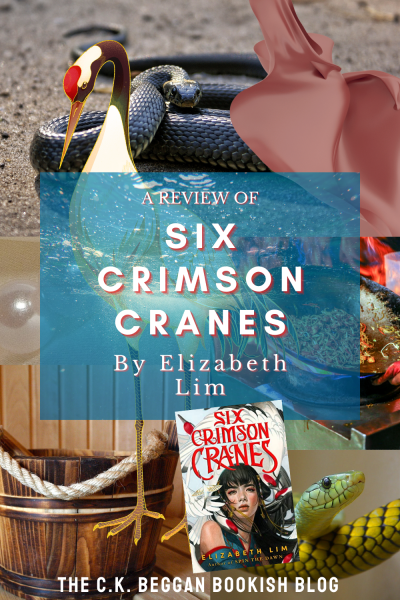
The Six Crimson Cranes duology begins with Princess Shiori on the verge of marriage. She is childish and selfish, but also wise enough to know everything is changing. Much as she’d like her last year with her six brothers to be the same, each of them has moved on and is consumed by their royal duties. Which leaves Shiori available for a whole lot of trouble.
This coming of age story centers on forbidden magic, curses, a wicked stepmother and a classic hero’s journey with Shiori at its center, all with great fairytale styling. There are multiple villains, one of whom is fully fleshed out, while the rest pull a “it was me all along!” cliche before explaining their plan. It was the weakest part of an otherwise stellar, captivating novel.

Shiori’s first-person narration is captivating, fun and empathetic where it needs to be. Her sidekick Kiki is a joy and the ultimate animal sidekick (she just happens to be made of animated paper). The romance is sweet and honest, and also works into Shiori’s characters development arc. It’s a pleasure to watch this spoiled princess learn to embrace change, and I look forward to book two.
To learn more about this author, visit elizabethlim.com.




